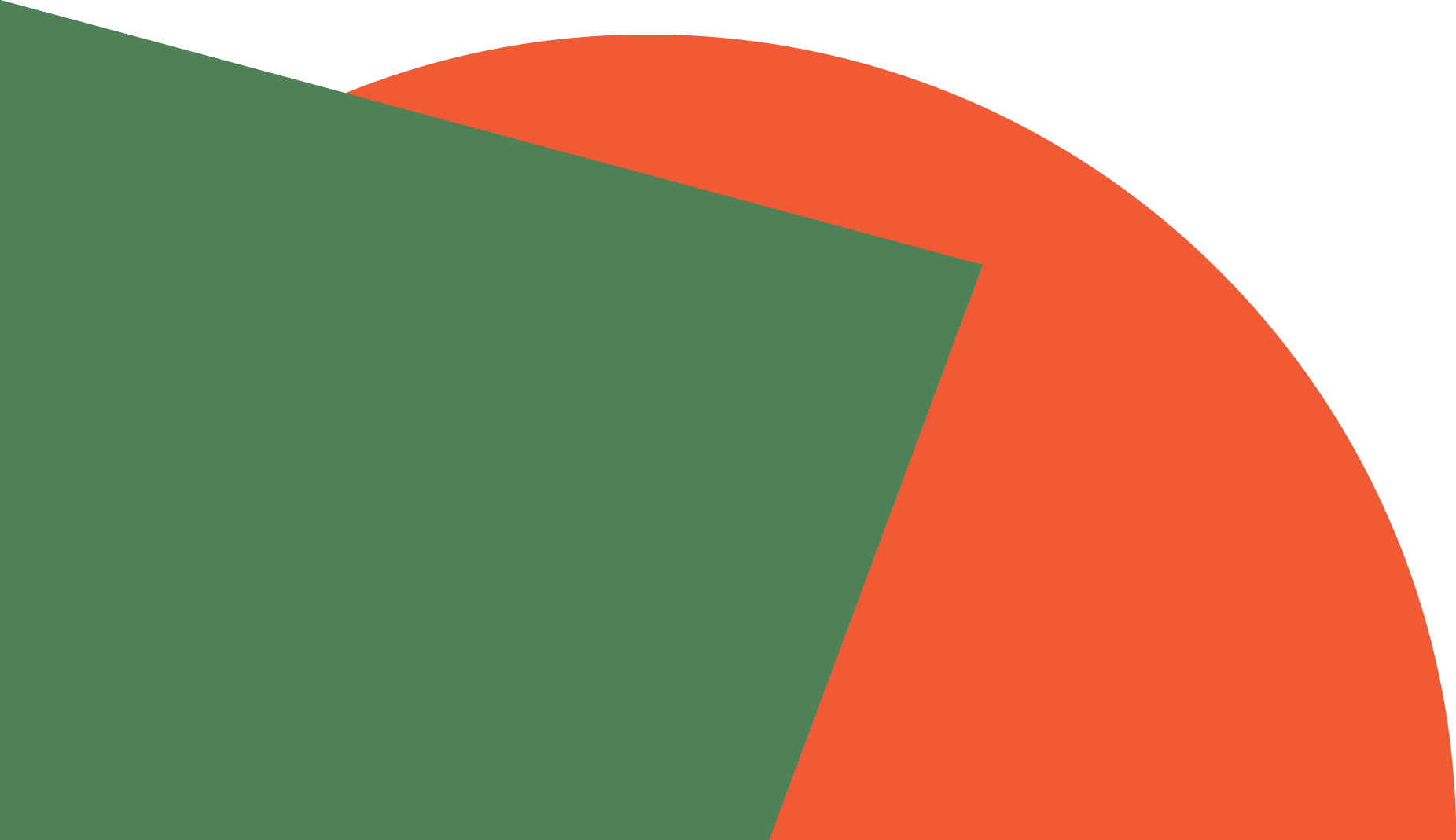

Year 12 Applied Computing: Software Development Units 3 and 4
Overview
Applied Computing: Software Development focuses on the strategies and techniques for creating digital solutions to meet specific needs and to manage the threats to data, information and software security. You will apply the problem-solving methodology to develop working software using a programming language.
Analysis
In the analysis stage you will construct the framework for the development of a software solution that meets a client’s need or opportunity. You prepare a project plan, use a range of methods to collect data (the requirements), and use various analysis tools and techniques.
Design
You will generate design ideas for creating the solution using mock-ups and using annotations to indicate key functions and appearance. After seeking feedback from your client, you will select the preferred design to develop. In addition, you will develop an evaluation criterion to evaluate the efficiency and effectiveness of the final software solution.
Development
This is where you will start coding your software solution. You will write code, including validation code, and you will create test data and document your testing during development. You will also write accompanying documentation including commenting your code and writing user documentation. You will also conduct and document usability testing done with your client.
Evaluation
In this final stage, you will gather data to evaluate the efficiency and effectiveness of your software solution, as well as the effectiveness of your project plan.
You are not expected to become an expert programmer through this course, however, you need to demonstrate a good level of programming skills and knowledge.
You will be taught skills for all stages of the problem-solving methodology, to create a new software solution for a client. PHP is the programming language supported by VSV staff for this course. All students will use the PHP programming language in Unit 3. It is highly recommended that students use this language for their SAT project. However, you can request to use an alternate language, but this must be approved by your VSV teacher. It will need to meet the VCAA programming requirements for this course.
Who is it for?
This subject is for you if you enjoyed studying Units 1 and 2 Applied Computing. If you are new to studying Computing, it is recommended that you have strong computing skills and a developing knowledge of coding. Many students who choose this course already have strong skills in this area and are very enthusiastic about programming.
This course can be quite demanding and therefore you will need to be highly motivated with a proven ability to work independently. You will need to have sound mathematic and logic abilities.
What do you do?
You will find and work with a client that has a suitable real-world need or opportunity that can be developed as a software solution. You will then create a specification requirements document, which fully describes what the software will do and how it will be expected to perform based on the requirements from the client.
You will use a variety of analysis tools to create software specifications such as use case diagrams, data flow diagrams, context diagrams.
You will complete a range of exercises to develop your coding skills, which include accepting data, manipulating data, validating data, saving data, retrieving data, allowing data to be edited and resaved.
You will create testing and evaluation criteria and use these to check that your software solution performs as expected.
In the final topic of this course, you will learn some ways that organisations reduce the security risks to software and data during the software development process and throughout the use of the software solution.
What skills do you need?
You are required to have good mathematic skills, and you should be able to use and apply logic. You will need to be self-motivated, well organised and resourceful.
You will be expected to spend about six hours per week on this subject, as for any of your other VCE subjects. However, it is important to know that learning the programming language is additional to the theory topics, and will add significantly to your study time in Unit 3 if you have no prior programming experience.
What skills do you develop?
This subject will develop your programming and documentation skills. It will also develop your logic skills, enhance your maths skills, give you a better understanding of a wholistic approach to problem solving, and it will help you to become an independent learner.
Requirements
You must have access to the Internet in order to access this course. All your weekly learning activities and assessments will be submitted through VSV online.
A computer device with Windows 10 or macOS 10.14 or greater is required. A user account with administrator privileges is needed to install certain software. Note: iOS, Android, and Chromebook devices are not suitable for the variety of applications employed in this course.
Things to think about
The aim of this subject is to give you an insight into the business side of producing a software solution for a client.
Programming is just a small part of this subject, whilst the end of year exam focuses on your theoretical understanding of all aspects of software development.
You will complete a School Assessed Task (SAT) that makes up a significant portion of your final grade. This is an extensive project with strict criteria and deadlines set by VCAA. The SAT is run over six months, with progressive submissions throughout that time. You should be highly motivated and well organised if you wish to undertake this subject.
Things you can do now
If you want to get a head start, you could start using online resources to learn how to create a basic HTML page, and an HTML form. PHP is a web programming language, and HTML is used to create user interfaces. You could also start looking at some online PHP tutorials.
W3schools is a great place to start to learn many program languages. You may also be interested in supplementing your knowledge of HTML with CSS and JavaScript, which can be used to make more responsive user interfaces, although this is not required.
For further information about this subject, visit the VCAA website.
Things to have a look at
The following textbook is recommended:
VCE Software Development Units 3 and 4, first edition, Nelson Cengage, (2019)